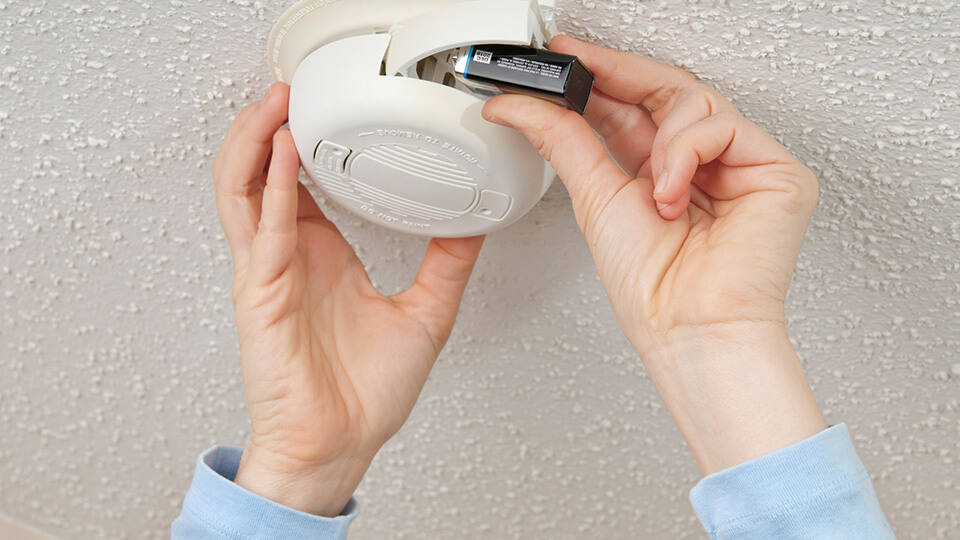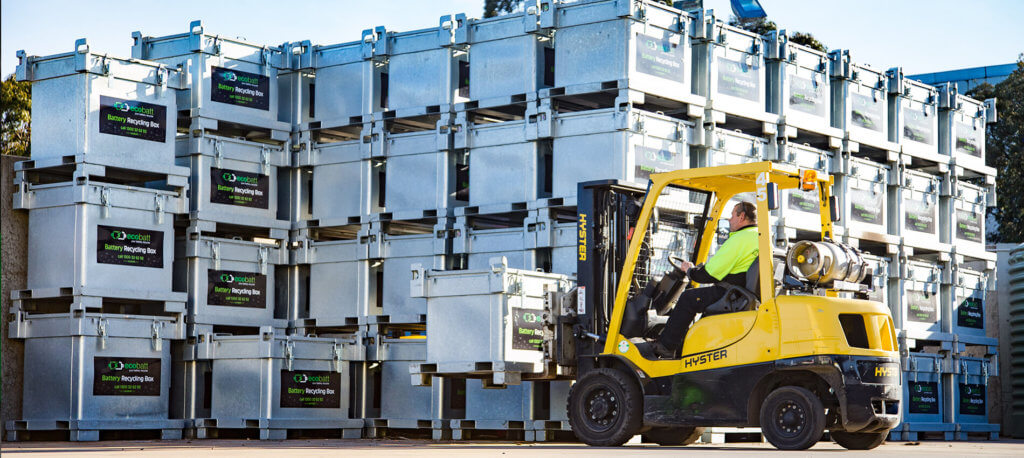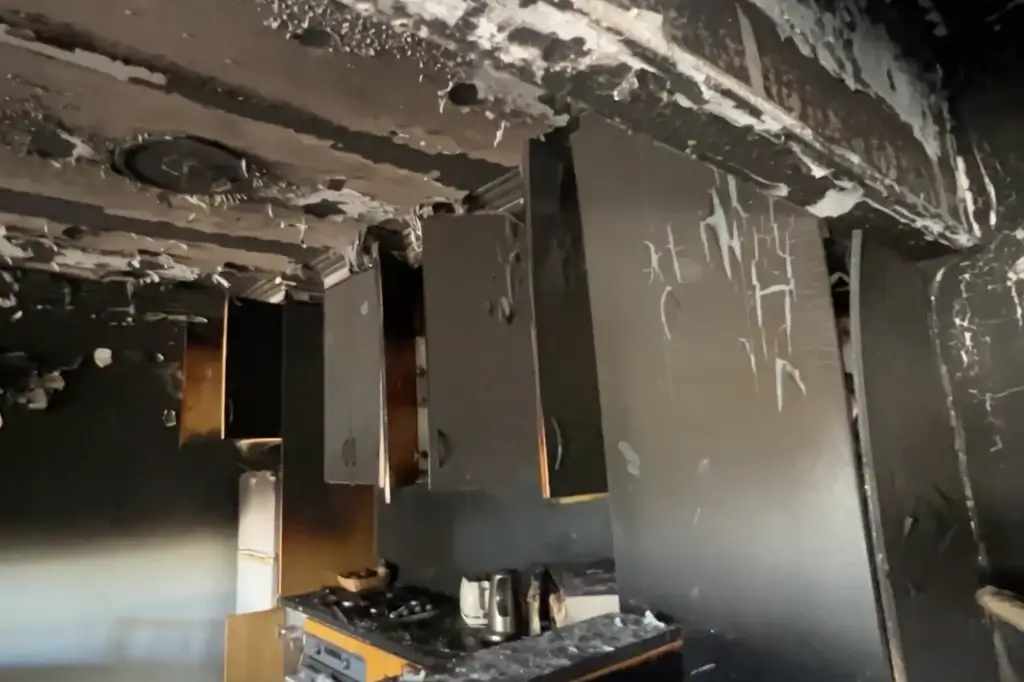Batteries are used in dozens of devices around the home.
While they deliver a high level of reliability and safety, they are not completely without hazards, so it’s important to understand how to safely use and dispose of batteries at home.
Perhaps the most hazardous types of batteries are the small ones – the button cells that are found in numerous products including hearing aids, car remote controls, calculators and even musical greeting cards.
Swallowed by a child, they are not only a choking hazard, they can burn through soft tissue and cause internal bleeding that can lead to death.
In Australia, button batteries send 20 children to hospital emergency rooms every week.
So, what can you do? Check that battery compartments are securely sealed. It is recommended that two movements be required to open the compartment, or that they are screwed shut.
Even then, batteries should be treated like medicines. They, and the devices that contain them, should be kept well out of reach of children.
Check regularly
Most batteries can leak corrosive materials that can harm you and damage your devices, so be sure to check all your battery-operated items regularly.
Wearing gloves, remove any leaking batteries and place them in a clear plastic bag. Take them to a hazardous household waste collection point.
When something breaks or is obsolete, remove the batteries and recycle them.
Recycle safely
If you don’t have access to a battery recycling scheme at work or if your local supermarket isn’t involved in battery recycling, you’ll want to store your dead batteries until you have enough to justify a trip to the recycling centre.
Follow these safety tips:
- Find a strong cardboard or plastic (NOT metal) container. Label it “batteries for recycling”
- Don’t use an airtight container, in case there’s a build-up of pressure
- Store it in a cool, dry place out of reach of children
- Collect all dead batteries in the container
- Go to recyclingnearyou.com.au to find a battery collection centre in your area. Make sure it will take the type of batteries you have collected. Some collection programs will take all types of batteries; others may only take specific sizes and types
- Drop off your batteries at your recycling centre at least every six months.
Further information is available in ‘Handheld Battery Recycling Guidelines for Households’ that can be downloaded from the publications page on the ABRI website.
With a growing number of retailers, council offices and other organisations now running battery-recycling schemes it’s becoming much easier and more convenient for households to recycle their batteries.
Get recycling
There’s good reason for businesses to get involved in battery recycling: it’s a cost-effective way of attracting potential new customers in store.
To find out more about how your business can set up a battery recycling scheme, call us on 1300 32 62 92 or fill out the form and we’ll work through the options with you.





